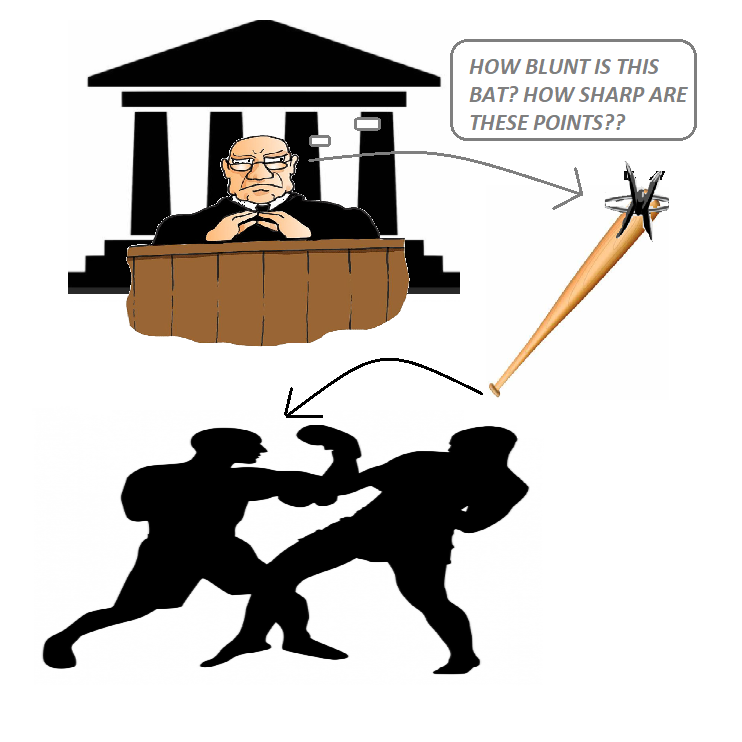Barratt v Enfield LBC, 2001, [1999] UKHL 25
Citation:Barratt v Enfield LBC, 2001, [1999] UKHL 25
Rule of thumb:How do you make a legal argument which is almost certain to succeed? When you have an in-point statutory provision supported by an in-point case then it is almost certain to succeed. Where it is just an in-point statutory provision it is only likely to succeed but not certain.
Background facts:
The basic facts of this case were that a child, Barratt, was put into care. They could not find a suitable home for Barratt and he also had to be moved from one foster home to another. Moreover, they made little effort for him to see and visit his birth-mother. Barratt ended up getting psychiatric damage as a result of this and sued the Council for damages.
Judgment:
The Court held that although the claim was extremely unlikely to succeed, it was not actually impossible that the claim could succeed, albeit the case looked highly unlikely to succeed. This is an important case for showing just how high the test of getting a case dismissed and struck out is. Where there is (a) not clear authority on whether a set of facts breach the law or not, or, (b) certain facts may come out differently at trial and these may affect how the laws apply, or (c) if the law in an area is developing so it is not certain, then it is not appropriate to dismiss this case without a trial.

Ratio-decidendi:
‘I pointed out that unless it was possible to give a certain answer to the question whether the plaintiff’s claim would succeed, the case was inappropriate for striking out. I further said that in an area of the law which was uncertain and developing (such as the circumstances in which a person can be held liable in negligence for the exercise of a statutory duty or power) it is not normally appropriate to strike out. In my judgment it is of great importance that such development should be on the basis of actual facts found at trial not on hypothetical facts assumed (possibly wrongly) to be true for the purpose of the strike out,’ Lord Browne Wilkinson
Warning: This is not professional legal advice. This is not professional legal education advice. Please obtain professional guidance before embarking on any legal course of action. This is just an interpretation of a Judgment by persons of legal insight & varying levels of legal specialism, experience & expertise. Please read the Judgment yourself and form your own interpretation of it with professional assistance.

